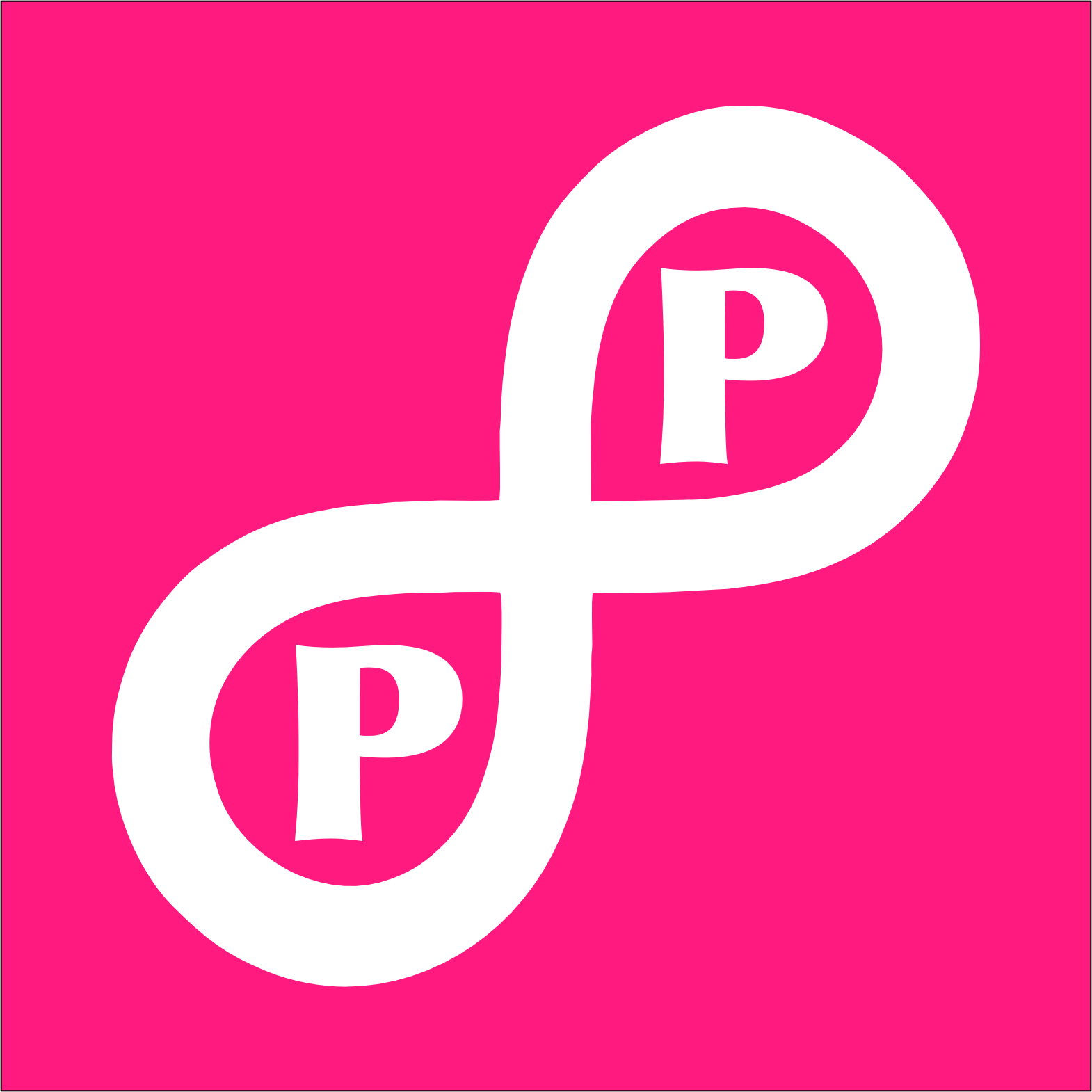Perfection & Style (Paradox Pair #31)
Technology is driving us toward stale perfection. While we should use tools that make the job of developing software easier, let's not outsource the creative elements.

The rise of the digital audio workstation (DAW) as a prominent tool for music production has democratized what was once an exclusive community. Previously, to produce music at studio quality levels was prohibitively expensive and required equipment and expertise unavailable to most. Now, with a modest investment in a software package and a laptop computer, anyone can record, edit, and publish music from their home.
A feature of many DAWs is the ability to snap notes that are played slightly early or late to a grid. Called quantizing this feature automates the previously manual process of a producer or musician manually adjusting the timing of notes. Music is best when it is about tension and release — just like a good paradox. While quantizing can be helpful, used excessively it produces an end result that sounds too precise, lacking the imperfection that make human musical performances interesting.
Quantizing can be an artistic tool, applied creatively in places and left off in others. While we often say we strive for perfection, what we want instead is high quality combined with the right fit/feel. It's what musicians refer to as "playing in the pocket", the ability to listen to those around them and adjust their own playing style to meet the established groove.
Technology is driving us toward stale perfection in other areas too. GitHub released Copilot, an AI-driven pair programming tool. It's astounding to see this in action. A plugin for Microsoft's Visual Studio Code editor allows copilot to read along as you write code and suggest the next line, or sometimes several lines, for you. It uses an OpenAI model trained on billions of lines of existing source code to predict what you would write next. It speeds up the development effort, reducing the time a coder needs to enter these lines. Using it is amazing, and a bit disconcerting too. Copilot will continue to improve, and overtime, if overused, it will begin to sanitize code to the point of removing some of the human creativity that makes software development an art form.
"We are not robots, we are humans. We build for humans." -Muhammad Haseeb Kamal, in his article about why he won't use GitHub Copilot.
Sure, software development is a technical field which offers standards to follow to create good, clean code. However, there is elegance and creativity in writing code. Code can be interesting and artistic, expressing unique solutions and encouraging reusability. Let's work to preserve these elements which inspire us. While we should use tools that make the job of developing software easier, let's not outsource the creative elements, and just like in music, let's keep the swing in the tempo and allow our human stylings to come through.
Still Curious?
Here's a short video demonstrating what swing rhythm is
See the whole series by using the Paradox Pairs Index




